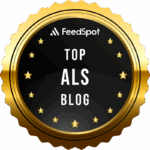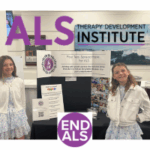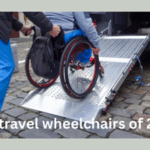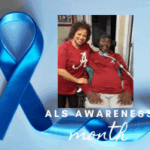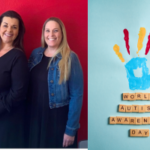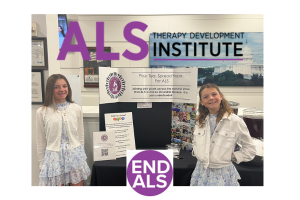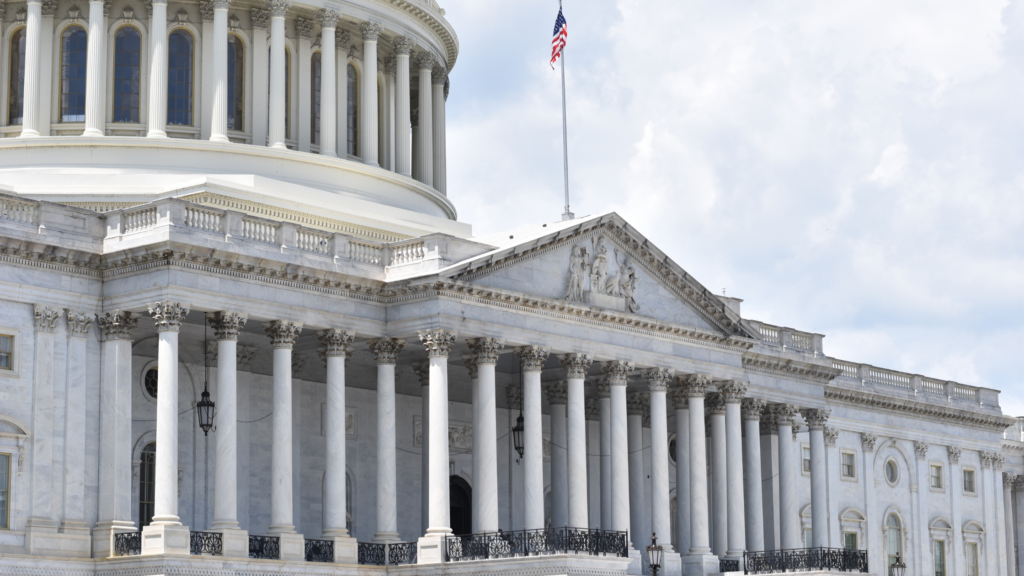 Update for ALS therapies: H.R. 3537, the “Accelerating Access to Critical Therapies for ALS Act” signed into law
Update for ALS therapies: H.R. 3537, the “Accelerating Access to Critical Therapies for ALS Act” signed into law
While many of us were quite happy to put 2021 and all of its challenges behind us and ring in a fresh 2022, last year wasn’t all bad — especially for patients and families advocating for progress in developing ALS therapies. Back in 2016, SimpliHere founder Joanna Rosenberg traveled to Washington, DC to attend that year’s National ALS Advocacy Day and Public Policy Conference. Joanna and many other ALS patients, family members, caregivers, and advocates came together to ask Congress to support what was then known as the Dormant Therapies Act.
This Act was designed to accelerate the search for ALS therapies by encouraging research into existing drugs that hold promise for treating diseases with unmet medical needs, like ALS, but that had been set aside by drug developers because the pharmacological compounds had weak patents or didn’t have patents at all. In other words, drugs that very well might slow or even stop ALS, but that weren’t being developed because the return on investment for pharmaceutical companies wasn’t immediately clear.
Fast forward to the December 23, 2021, the day President Biden signed the Accelerating Access to Critical Therapies for ALS Act, known as ACT for ALS, which, in many ways, evolves and expands the ideas captured in the 2016 Dormant Therapies Act that Joanna and her counterparts had fought for five years ago.
ACT for ALS, introduced by senators Chris Coons (D-Delaware) and Lisa Murkowski (R-Alaska), and representatives Mike Quigley (D-Illinois) and Jeff Fortenberry (R-Nebraska), will make available $100 million annually from 2022 to 2026.
The bill establishes an expanded access grant program, which funds research on and provides access to promising investigational treatments for people living with ALS who are not eligible for clinical trials.
ACT for ALS also creates a public-private partnership for rare neurodegenerative diseases, jointly led by the Food and Drug Administration (FDA) and the National Institutes of Health (NIH). This is the first federal effort explicitly charged with speeding the development and approval of therapies for ALS and other rare neurodegenerative diseases.
ACT for ALS also establishes a rare disease grant program at the FDA to fund research into and the development of interventions to prevent, diagnose, treat, or cure ALS and other rare neurodegenerative diseases. Federal funding like this sweetens the pot for drug developers by removing some of the cost burden of conducting investigations into prevention, potential therapies, and cures.
“Access to clinical trials of promising therapies — and the ability to run trials — these are the first steps in solving the ALS riddle,” says Joanna Rosenberg. “Through this bill, which will help engage the ALS community, gather data points from patient participants, and integrate feedback into the work of the research community, effective treatments can now be a realistic possibility.”
For stories on the ALS community visit our blog.
About SimpliHere
The mission of SimpliHere is to ensure efficient care and peace of mind for caregivers and their patients with neurological conditions that impact communication and mobility. Joanna Rosenberg founded SimpliHere to address communication gaps between caregivers and patients. Her personal experience when her mother lived with ALS exposed the challenges of communicating and understanding basic needs, as well as managing daily tasks. Download SimpliHere today!
